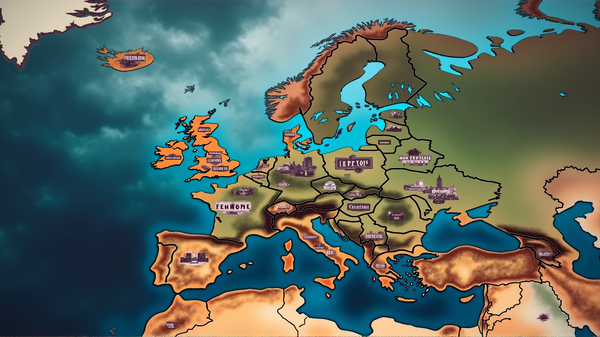Controversial EU 'Democracy Shield': A Power Grab or Genuine Reform?
A Controversial Initiative
The European Union’s attempt to enforce information integrity with its “Democracy Shield” is sparking a heated debate across the continent. Intended to safeguard fair elections, this measure, according to some, veils an underlying agenda of increased control over speech and tech giants. But is it truly about protecting democratic values, or is there more beneath the surface?
A Tool for Political Gatekeeping?
During its initial meeting, the “Democracy Shield” was met with strong opposition from members of the European Parliament (MEPs) aligned with conservative and pro-sovereignty views. They questioned the criteria for selecting what qualifies as “foreign interference” in elections, challenging the apparent double standards between legacy media and social platforms. While traditional media freely broadcasts potentially biased opinions, social media faces algorithmic restrictions, allegedly slanted against freedom of speech.
The Convoluted Narratives of “Foreign Interference”
A significant point of contention is which nations are deemed “election meddlers.” Critics argue that labeling only adversarial countries such as Russia as threats is disingenuous, pointing to interventions from any global power, including the US and potentially the EU itself. As stated in Reclaim The Net, examples such as the US’s involvement in Cyprus’s referendum through USAID further underline these concerns.
Disinformation as a Means of Control
Reflecting on recent political events like the contentious Romanian presidential election, where Calin Georgescu’s unexpected victory was controversially annulled, reinforces fears about the misuse of “disinformation” claims. Opponents warn that such tactics undermine national sovereignty, giving Brussels more say over member nations’ electoral processes.
Centralization of Power
Perhaps one of the most alarming facets of the “Democracy Shield” is its proposition for an EU intelligence agency. Critics caution this could centralize electoral control further, diminishing individual countries’ rights to self-determination and fueling skepticism about the true intentions behind the initiative.
The debate about the “Democracy Shield” presses on, with questions far from resolved. As the EU navigates this tightrope between security and sovereignty, the world watches closely.




